|
Nina Allan, The Rift, Titan Books, 2017. In a sense, this cover is a bit misleading: you'd expect passages to another world or dimension, thrilling discovery of this unknown place... But no, The Rift is a labyrinthine novel with a sedate pace that focuses more on characters than on adventure. And though it's not an easy novel to get into, if you are ready to follow this circuitous route, it is a rewarding read. Please note this review will hint at things that happen up to page 80, though not beyond. Selena and Julie Rouanne are sisters. But Julie, the eldest, disappears, aged 17. After the shock, the grief, Selena goes on with her life. But one day, when she has become an adult, someone calls her and says she's Julie. The Rift felt to me as, before and above all, a novel about sibling relationships. And, oh boy, did Allan hit home on this one. Sometimes, she painfully hit home. The difficulties, the tensions, the affirmation of the self compared to the other, the no concession way to look at the other, but also the unconditional love... If you have a sibling, this will ring true, but, as I said, sometimes painfully true. But The Rift is also a perfect example of the Fantastic, as defined by Tzevtan Todorov, this unability to affirm, one way or another if you are facing an illusion, or in this case, a con and a delusion, or a true event. Until the very end, you will be served with contradictory proofs. It may well be frustrating for some readers, whether you want to know more about where Julie was or if this is Julie indeed. It can sometimes feel as if The Rift isn't a stand alone novel, but some prelude to a grand saga that would develop the discovery of an alien planet, the invasion of this alien planet by a parasite and the mystery of who Julie Rouanne is. But it's not a prelude and the novel finds its point precisely in those threads that are barely woven in the tapestry before being left to disappear into the whole. In a way, The Rift is very reminiscent of Some Kind of Fairy Tale by Joyce because of the ambiguous answers it seems to provide. And in a way, it is also reminiscent, though very different, to Station Eleven. Like Station Eleven, it is a non linear story, that multiplies the narrative techniques (journal, first person narrators, encyclopaedia entries... ). But whereas in Station Eleven the non linear story was ordered to change our views of some characters, in The Rift, it remains a maze. And I think it is mainly to show us Selena's confusion until her final decision: The Rift shows us what it is to have a sibling: you think you know this person through and through, yet you never really know them, they will always surprise you, but you accept them, as she/he/they is. Allan's novel isn't for people who want all their answers in a neat little package and an action packed story. But this novel opens wonderful vistas, that you barely glimpse, that will be yours afterwards to imagine and develop. It is also a novel about accepting the other, however alien and unknowable they are to you, and particularly your siblings. The rift isn't the possible passage between two worlds, but the rift that always exists between you and your sibling, whether you cross it or not. The writer's website. If you've liked The Rift, you may also like
0 Comments
Your comment will be posted after it is approved.
Leave a Reply. |
All reviews are spoiler free unless explicitly stated otherwise.
I only review stories I have liked even if my opinion may be nuanced. It doesn't apply for the "Novels published before 1978" series of blog posts. Comments are closed, having neither time nor the inclination to moderate them. |
WHAT IS THE MIDDLE SHELF?
The middle shelf is a science-fiction and fantasy books reviewS blog, bringing you diverse and great stories .
PLEASE SUPPORT AUTHORS.
IF YOU LIKE IT, BUY IT. |
ON THE MIDDLE SHELF
|
KEEP IN TOUCH WITH THE MIDDLE SHELF
|
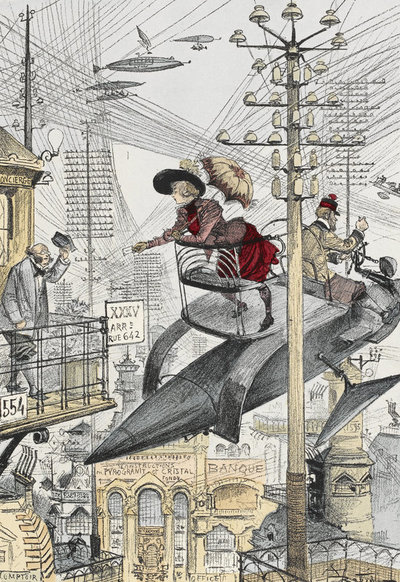

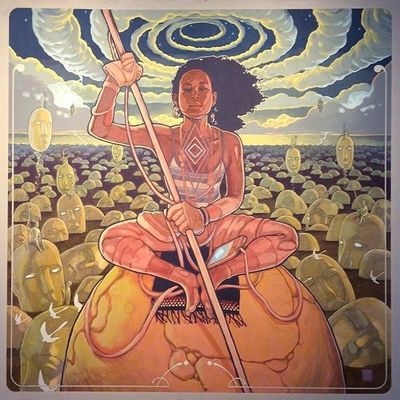
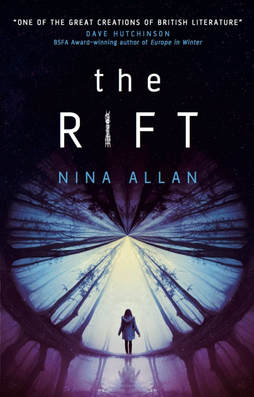
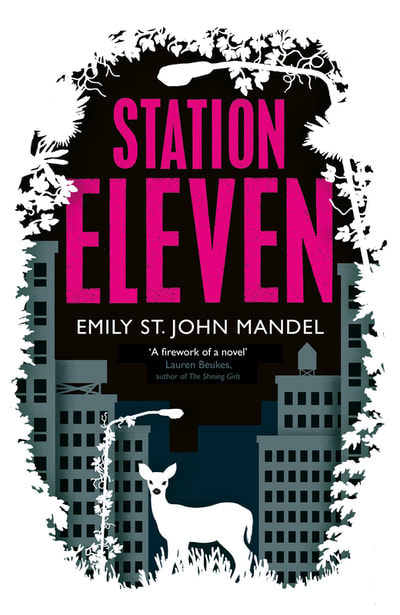
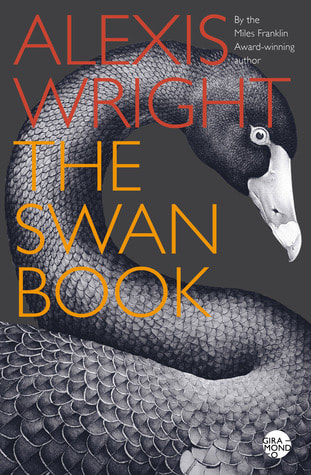
 RSS Feed
RSS Feed
